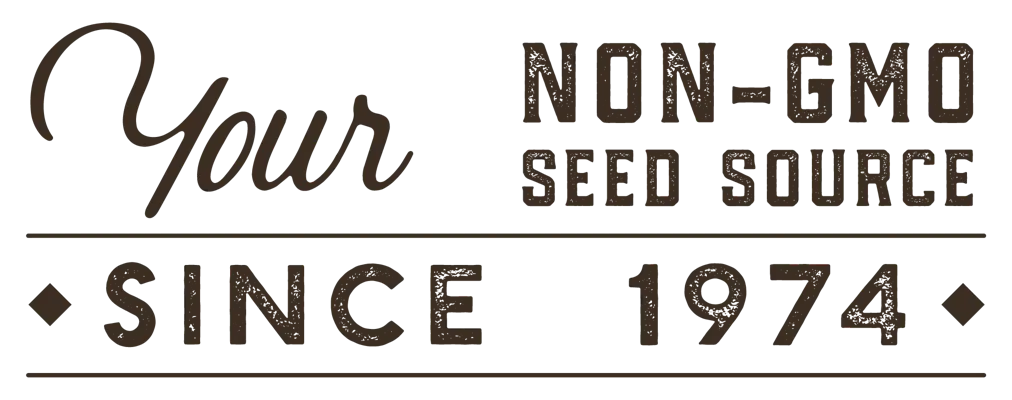What you need to know before placing an order with True Leaf Market
We pride ourselves on our lightning fast order processing: We don't take multiple business days to process and ship your order. 90% of orders that come in by 1pm MT are processed and shipped the same day due to our in-house resource planning system we developed to make shipping and restocking more efficient than ever before. 96% of orders are shipped out by the next business day.
Our efficiency directly benefits you: Or facility's efficiency has allowed us to save on costs, and those savings have been extended to you with great prices.
Premium Quality Seeds: You can be confident that every seed order contains fresh, premium quality, tested and inspected seeds with top tier germination rates. Even though we are inspected frequently by numerous state and federal regulatory agencies, we want you to know that our standards are much higher than the minimum regulatory requirements. Our seed quality would be outstanding, even if we never got a regulatory inspection.
We have a 30-day guarantee: If you don't love your seeds for any reason, feel free to return your order for a refund within 30 days of purchase!
Our shipping, prices, quality and guarantee are always praised by our 510,000+ customers. So much so, in fact, that we're gaining 25,000+ new customers with each passing year. When you get seeds from True Leaf Market, you're getting the best!



















2 comments
Vegetable scraps with seeds can sprout in compost piles if it is not maintained at the proper temperature range. Compost piles should be kept at 130-170 degrees F (54-76 C) otherwise the seeds may remain viable. To prevent sprouting you can simply remove the seed contents before adding your vegetable scraps to your compost bin.
Thanks for the informative list. However I am wondering about vegetable food scraps containing seeds. Will the seeds (for example sweet pepper or tomato seeds) decompose or will they remain viable during composting? Thanks again.